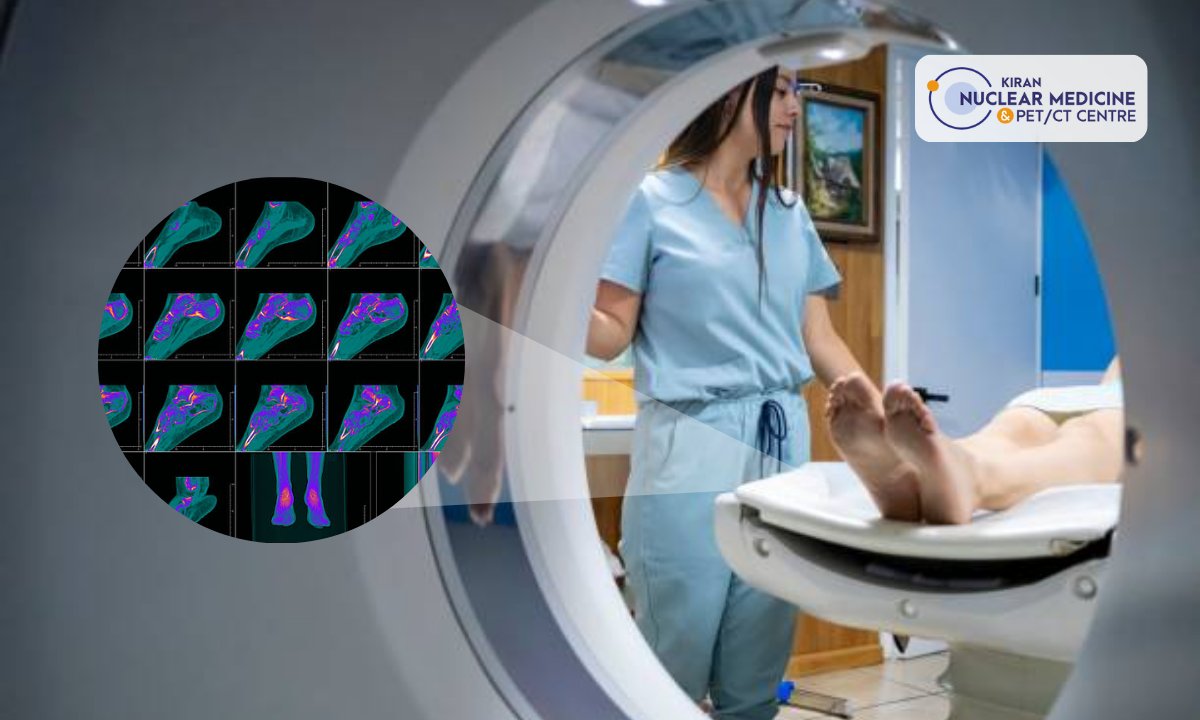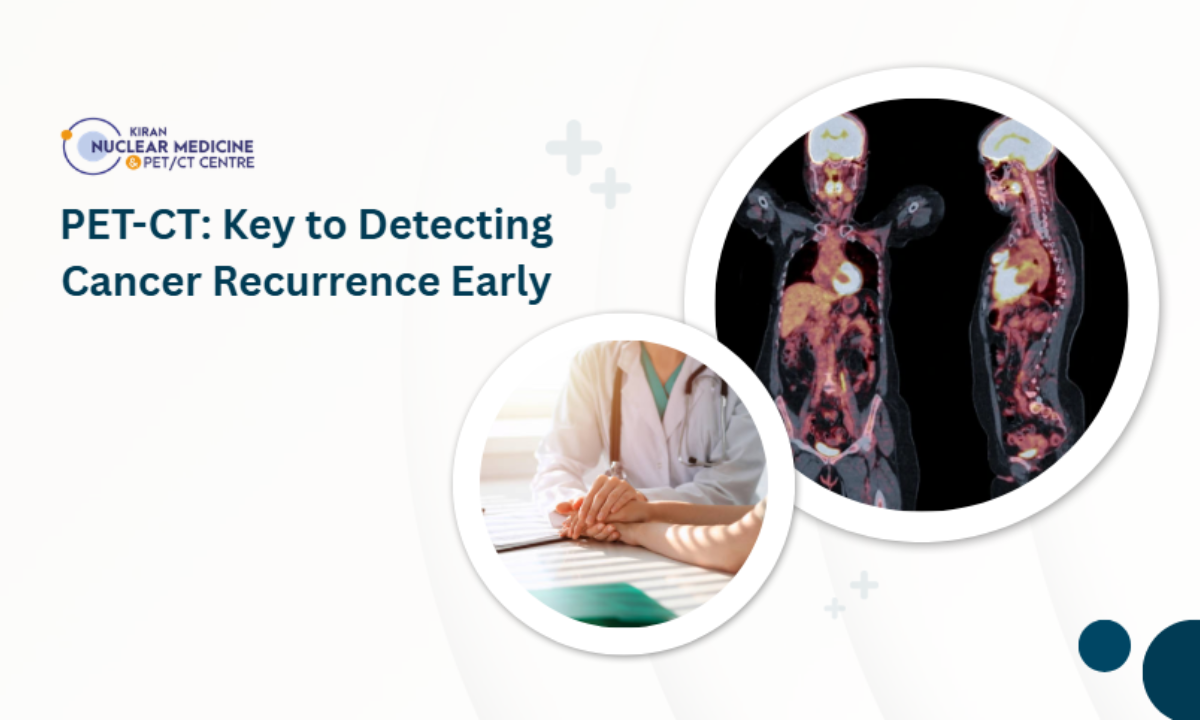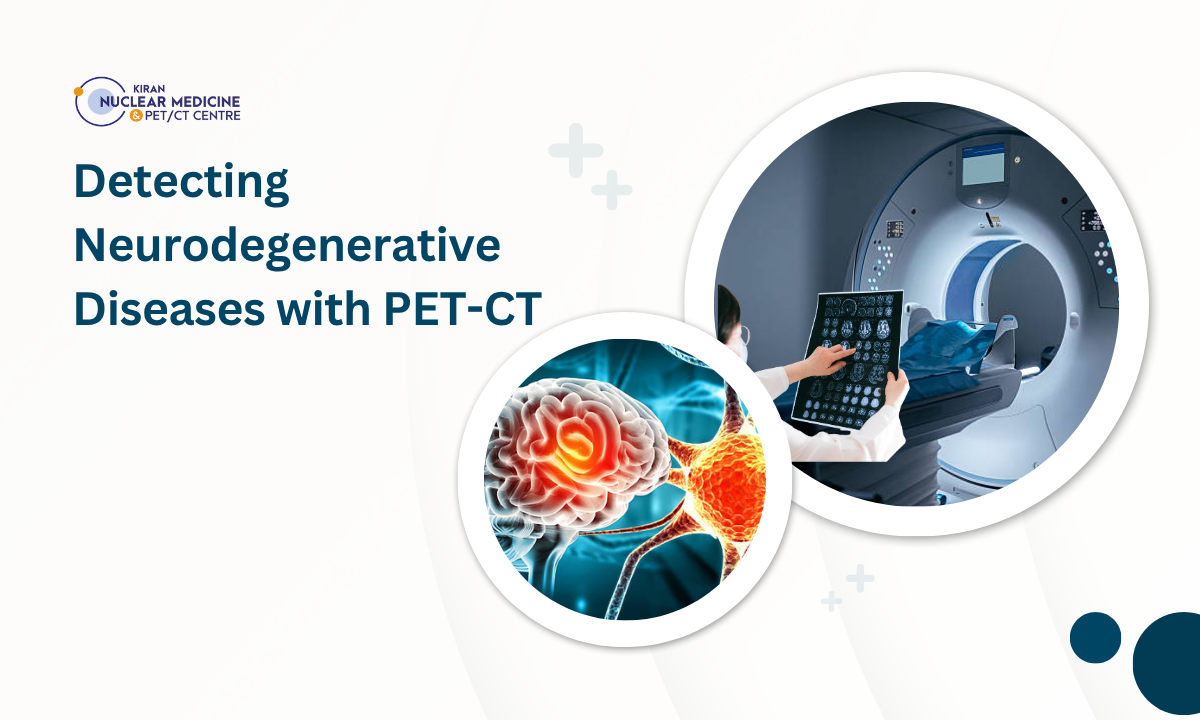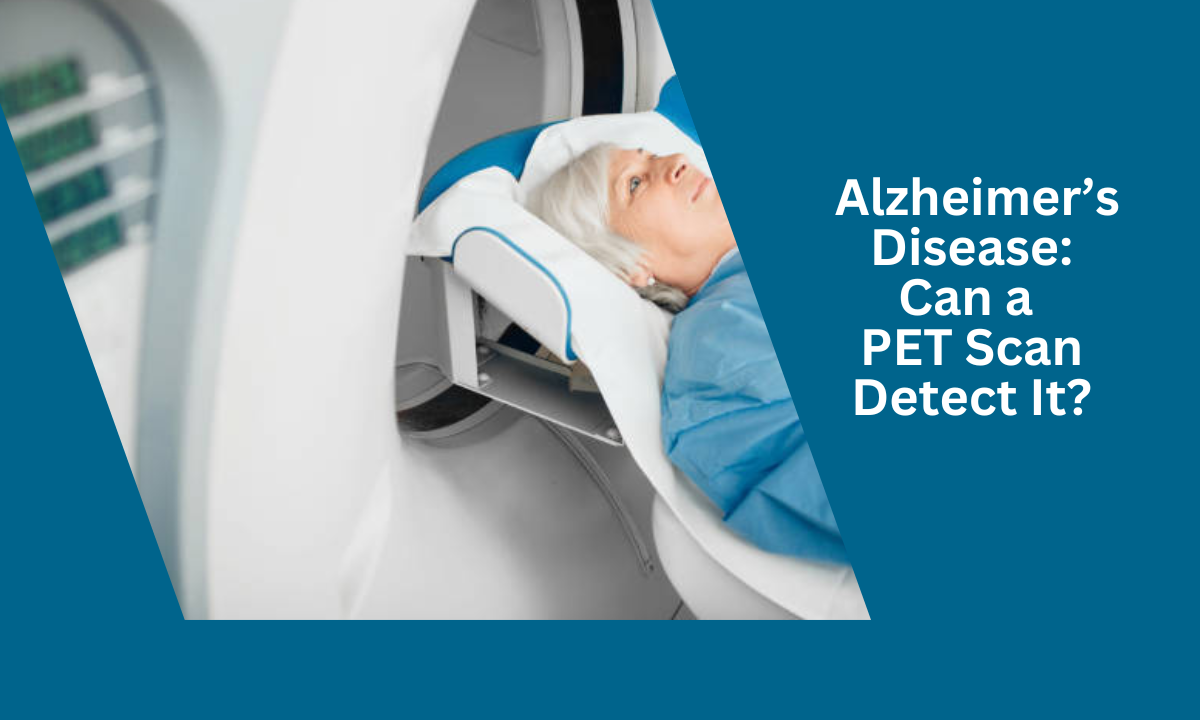Unlocking PET-CT scans‘ transformational potential in breast cancer screening is analogous to discovering a huge revelation. The combination of Positron Emission Tomography (PET) and Computerized Tomography (CT) has ushered in a new era of cancer detection, notably in breast cancer.
PET-CT scans are useful for more than just cancer diagnosis; they provide crucial insights into how disease spreads to distant places throughout the body. Such thorough data is critical in developing individualized treatment regimens, which improve patient outcomes and increase survival rates.
If you’re in Bangalore, discovering the capabilities of PET scans at leading diagnostic centers can redefine your approach to breast cancer detection and management.
Understanding breast cancer and its detection methods
Breast cancer is the most significant cause of cancer-related deaths among women around the world. Early diagnosis of this illness is critical for efficient therapy and an improved outlook.
Mammograms have long been the cornerstone of breast cancer screening. While useful, they may not provide enough clarity, particularly in cases with dense breast tissue. PET-CT scans appear to be a useful tool in this scenario.
PET-CT scans combine the PET and CT imaging modalities to give a thorough examination of breast tissue.PET uses a little quantity of radioactive tracer to highlight areas with high metabolic activity, whereas CT uses X-rays to provide full cross-sectional images. This integrated strategy improves the accuracy of breast cancer detection and treatment.
PET-CT scans not only detect cancer but also reveal metastasis, or cancer spread to other parts of the body. This information is used to develop tailored treatment methods which improve patient outcomes. PET scan cost and proximity to a pet scan center are critical factors for patients seeking such advanced diagnostics to receive timely and comprehensive therapy.
PET-CT scan procedure for detecting breast cancer
The PET-CT scan approach for breast cancer diagnosis is simple and less invasive, but it requires a number of critical procedures to provide correct results.
To begin, the patient is given a modest dose of a radioactive tracer, often FDG (fluorodeoxyglucose), a sugar molecule. Cancer cells have a higher metabolic rate than normal cells, allowing them to absorb more tracer. This enables the PET-CT scanner to produce precise images that indicate areas with increased metabolic activity, which could represent cancer cells.
Following the injection, the patient enters an uptake phase, which allows the tracer to circulate throughout the body. The interval varies with the facility’s protocol. After the uptake phase is over, the patient is placed on a table that slides inside the PET-CT scanner, a big ring-shaped machine that houses both PET and CT components. The patient remains still throughout the scan, with the exception of brief instructions to hold their breath to reduce motion artifacts.
The scan itself is painless and usually lasts 30 to 60 minutes. Radiologists and oncologists can evaluate and interpret the results after taking detailed images of the breast tissue. These images provide critical information on the location, size, and activity level of any malignancies, as well as potential metastasis to other parts of the body.
After the scan, the patient is free to resume normal activities. The radioactive tracer used in PET-CT scans has a short half-life, meaning it quickly loses its radioactivity.
Accuracy and reliability of PET-CT scans in detecting breast cancer
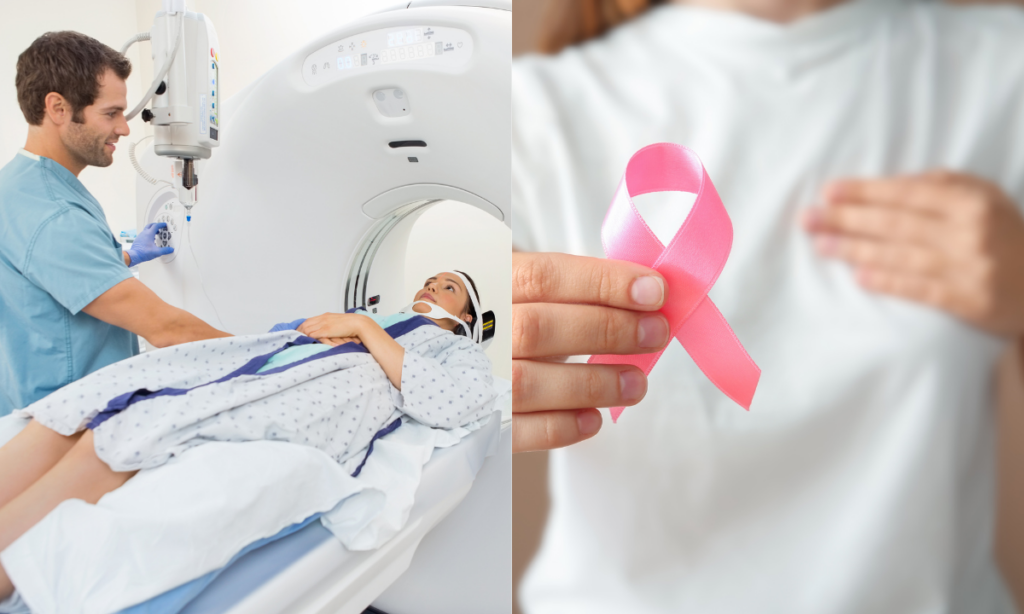
PET-CT scans are praised for their exceptional accuracy and dependability in identifying breast cancer, with some studies indicating a sensitivity of more than 90%. This powerful imaging modality combines PET and CT technologies to provide detailed data on breast tissue.
PET scans identify metabolic activity whereas CT scans provide comprehensive anatomical images. This partnership allows radiologists to assess lesions with unprecedented precision. PET-CT scans are especially useful when routine tests produce confusing results since they help distinguish between benign and malignant cancers, lowering wasteful treatments and healthcare costs.
Furthermore, PET-CT scans excel at detecting metastases, allowing for the development of targeted therapy strategies to improve patient outcomes. False positives and negatives have been documented, but they are uncommon. For those seeking exemplary diagnostic services, locating the best diagnostic center in Bangalore becomes paramount to accessing top-notch care.
Benefits of early detection using PET-CT scans
The significance of early detection of breast cancer with PET-CT scans cannot be overstated since it delivers various benefits. Detecting breast cancer early enhances the chances of successful treatment and better outcomes.
Early detection provides a considerable benefit when it comes to treatment initiation. PET-CT scans can detect breast cancer before symptoms appear or are present on other imaging modalities, allowing for more customized treatment options that maximize excellent results.
Furthermore, early discovery reduces the likelihood of metastasis, allowing for timely intervention with tailored medicines to control cancer progression. This not only increases long-term survival, but also reduces the need for severe treatments.
Aside from medical benefits, early diagnosis with PET-CT scans provides psychological benefits by reducing worry and giving patients a sense of control. It enables educated treatment decisions, promoting active engagement in care.
Finally, PET-CT scans provide more than simply medical intervention; they provide breast cancer patients hope, reassurance, and the prospect of a better quality of life.
PET-CT scan cost and insurance coverage for breast cancer detection
The PET-CT scan cost for breast cancer detection varies depending on location, facility, and insurance. PET-CT scans are typically more expensive than standard tests such as mammography, costing hundreds to thousands of dollars.
Insurance coverage is essential certain plans may cover PET-CT scans if judged medically necessary. Patients should contact both healthcare professionals and insurance to learn about costs and coverage choices. Individuals with limited coverage may be eligible for financial assistance or payment options.
Despite the cost, early identification has significant long-term advantages and cost savings. Detecting breast cancer early with PET scans can lessen the need for costly and harsh treatments later on, increasing outcomes and quality of life. It’s an important investment in health and well-being.
How PET-CT scans work and their advantages over other imaging techniques
PET uses a radioactive tracer, commonly FDG, to identify areas with increased metabolic activity. Cancer cells absorb more tracer due to their higher metabolic rates, allowing PET scanners to create precise images that spot possible malignancies.
CT uses X-rays to provide precise cross-sectional pictures, providing anatomical insights that complement PET findings. This combination provides a complete assessment of breast tissue, allowing for more accurate cancer detection and diagnosis.
PET-CT scans outperform other imaging methods because they provide a comprehensive assessment of breast tissue. They improve lesion assessments by integrating metabolic and anatomical data, reducing the need for additional testing.
Conclusion and future developments in PET-CT scan technology for breast cancer detection
Finally, PET-CT scans represent a paradigm shift in breast cancer screening, providing unrivaled accuracy and understanding. Their capacity to detect cancer cells early on, differentiate lesions, and assess metastasis promotes individualized treatment regimens, which improves patient outcomes and survival rates.
While acknowledging limitations such as occasional false results, PET-CT scans, when combined with additional diagnostics, ensure thorough evaluations. Looking ahead, advances in tracer technology and imaging resolution promise even earlier detection and more sophisticated treatment options.
Recognizing the efficacy of PET-CT scans in breast cancer screening is critical for both medical professionals and individuals who prioritize their health. Adopting this technology, which is easily available at PET-CT scan centers in Bangalore and PET scan near you, is a critical step toward battling breast cancer and creating hope in its aftermath.
Kiranpet Diagnostic Centre offers comprehensive medical imaging and diagnostic services, providing accurate and timely results to support patient care. Contact us today +91 70902 70904


